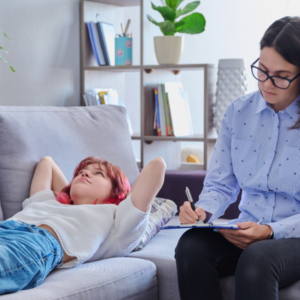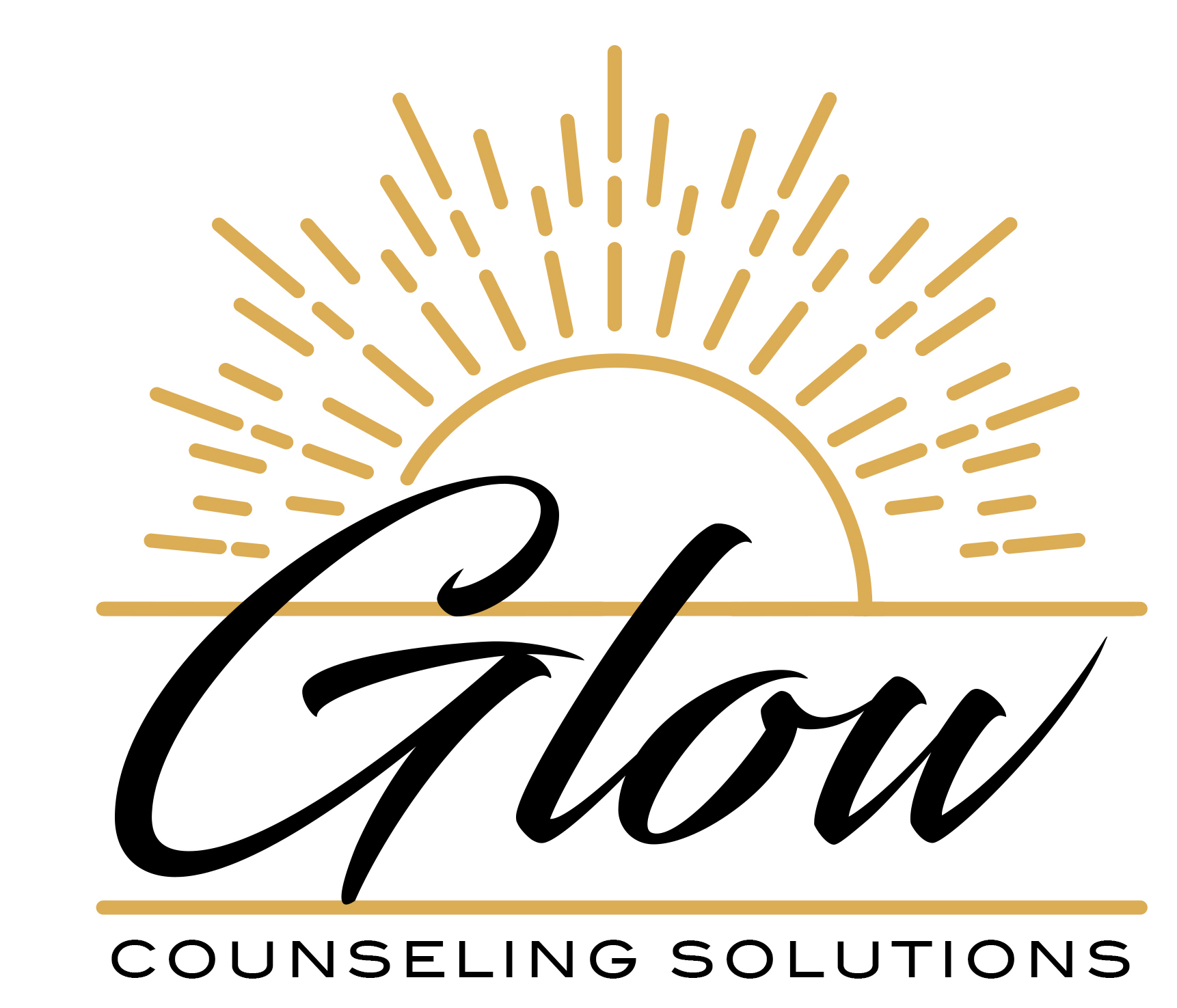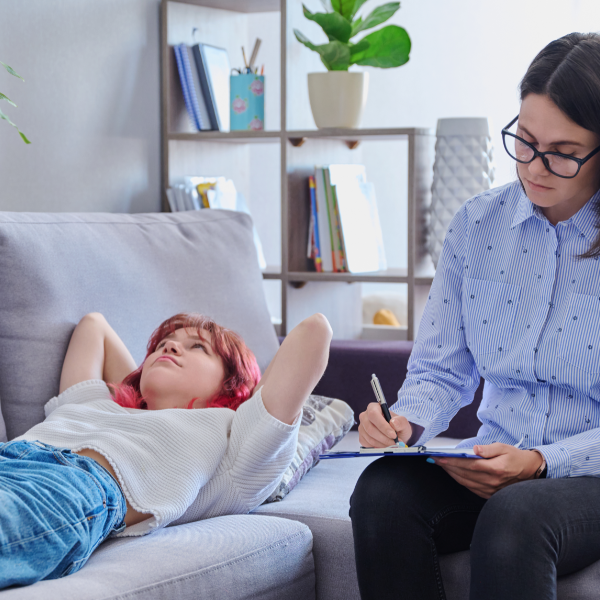Post Traumatic Stress Disorder PTSD Coping Skills

Post Traumatic Stress Disorder PTSD Coping Skills
Coping with PTSD (Post-Traumatic Stress Disorder) involves a combination of strategies that can help individuals manage symptoms and improve their quality of life. Here are some conversationally explained coping skills:
1. **Seeking Professional Support**
PTSD can be complex, so it’s crucial to connect with a therapist or counselor who specializes in trauma. They can provide tailored treatment like cognitive behavioral therapy (CBT), Eye Movement Desensitization and Reprocessing (EMDR), or medication if necessary.
2. **Building a Support Network**
Surround yourself with supportive people who understand PTSD or are willing to learn about it. Talking to friends, family, or support groups can provide validation and reduce feelings of isolation.
3. **Learning Relaxation Techniques**
Practice deep breathing, progressive muscle relaxation, or mindfulness meditation. These techniques can help manage anxiety and hyperarousal symptoms by promoting relaxation and grounding.
4. **Establishing Routine**
Structure and predictability can be comforting. Create a daily schedule that includes activities you enjoy and tasks that provide a sense of accomplishment. This can enhance stability and reduce feelings of unpredictability.
5. **Physical Exercise**
Engage in regular physical activity like walking, yoga, or swimming. Exercise releases endorphins, which can improve mood and alleviate symptoms of depression often associated with PTSD.
6. **Limiting Triggers**
Identify triggers that exacerbate symptoms (such as certain places, people, or activities) and develop strategies to minimize exposure when possible. Gradually facing triggers in a controlled manner, known as exposure therapy, can also be beneficial under professional guidance.
7. **Creative Outlets**
Expressing emotions through creative activities like art, music, or writing can be therapeutic. It provides an outlet for processing feelings and experiences that may be difficult to articulate verbally.
8. **Healthy Lifestyle Choices**
Maintain a balanced diet, prioritize sleep hygiene, and avoid excessive alcohol or substance use. These factors can significantly impact mood stability and overall well-being.
9. **Educating Yourself**
Understanding PTSD and its symptoms can empower you in managing them effectively. Resources like books, reputable websites, or educational courses can provide insights into triggers, symptoms, and coping strategies.
10. **Self-compassion and Patience**
Recovery from PTSD is a gradual process that requires patience and self-compassion. Be kind to yourself and recognize that setbacks are a normal part of the healing journey. Celebrate small victories and milestones along the way.
11. **Safety Planning**
Develop a safety plan for times when symptoms escalate. This may include contacting a trusted friend or therapist, utilizing crisis hotlines, or identifying calming activities that help during distressing moments.
12. **Staying Engaged**
Stay involved in meaningful activities and pursuits that bring joy and fulfillment. This can provide a sense of purpose and help shift focus away from negative symptoms.
13. **Boundaries and Assertiveness**
Learning to set boundaries and assert your needs can reduce feelings of vulnerability and enhance feelings of control. Practice assertiveness techniques to communicate effectively in challenging situations.
14. **Journaling**
Keeping a journal can be a therapeutic way to process thoughts, emotions, and experiences related to PTSD. It can help track triggers, identify patterns, and reflect on progress over time.
15. **Flexibility in Coping Strategies**
Recognize that coping strategies may need to evolve over time as your needs and circumstances change. Stay open to trying new approaches and adjusting existing ones as you continue to navigate your healing journey.
By incorporating these coping skills into daily life and seeking professional guidance when needed, individuals with PTSD can effectively manage symptoms and work towards healing and recovery. Each person’s journey is unique, so it’s important to find what works best for you and prioritize self-care throughout the process.

